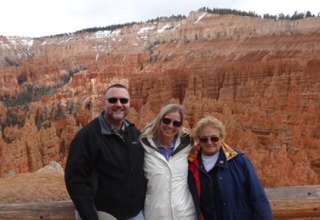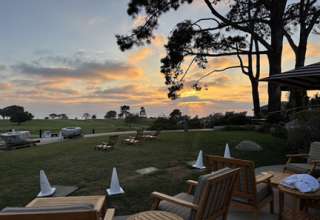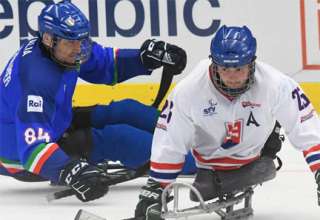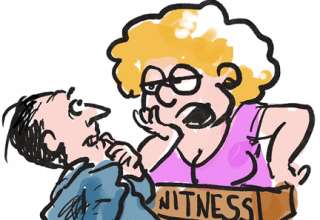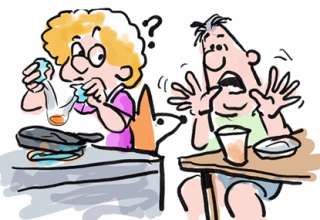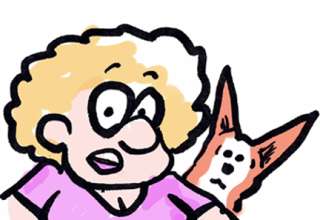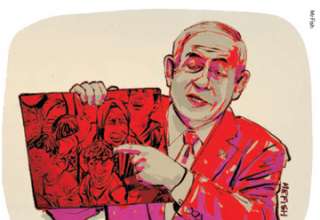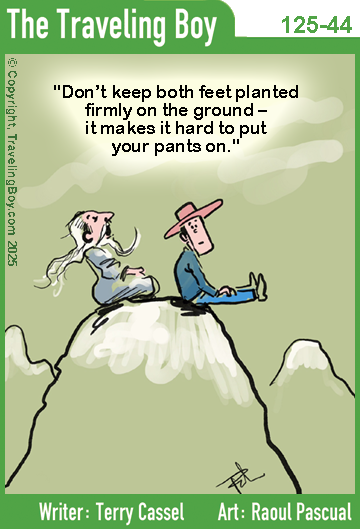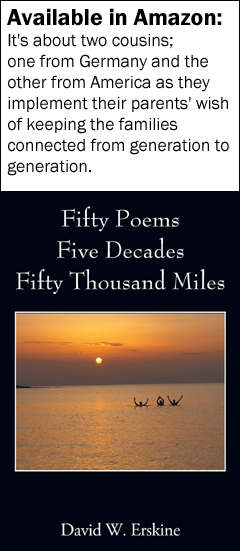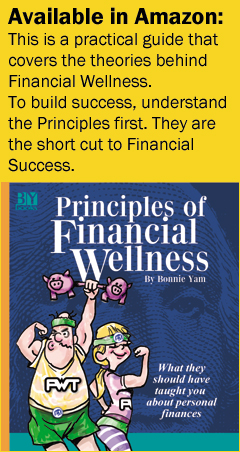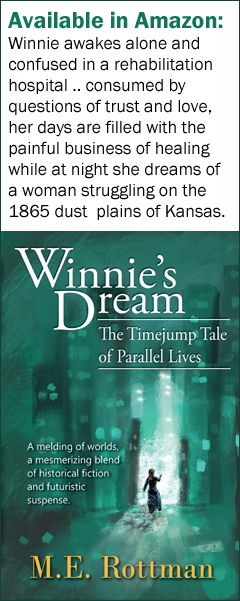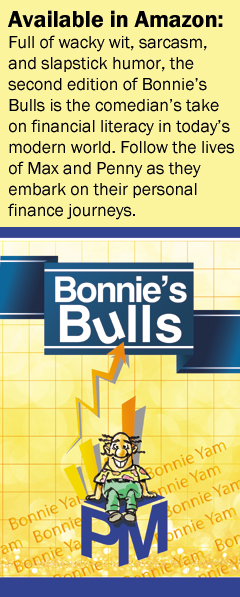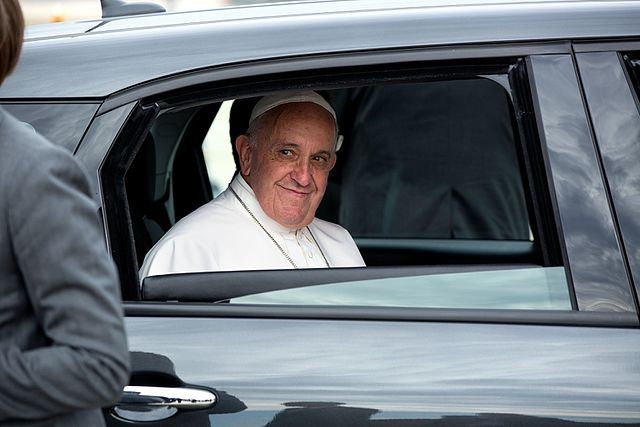
The passing of Pope Francis on April 21, 2025, at the age of 88 marked the end of a transformative 12-year papacy. Known for his humility, advocacy for the poor, and efforts to foster inclusivity within the Roman Catholic Church, Francis left a profound legacy. His death, caused by a stroke leading to heart failure, has set in motion the centuries-old ritual of the papal conclave to elect his successor, scheduled to begin on May 7, 2025, in the Sistine Chapel. This real-world event draws striking parallels to the 2024 Oscar-winning film Conclave, which dramatizes the secretive process of selecting a new pope, prompting comparisons between fact and fiction.
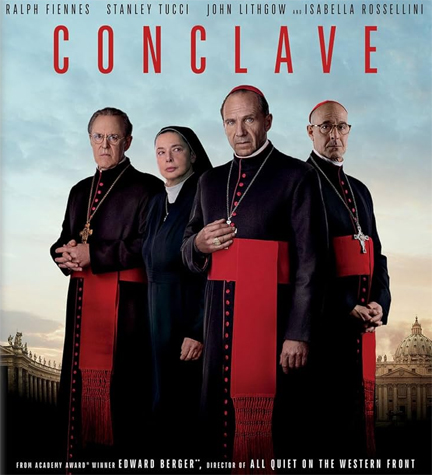
Pope Francis, the first Latin American pope, was a polarizing figure. He championed progressive reforms, such as opening discussions on women’s roles in the clergy and outreach to LGBTQ+ Catholics, while facing resistance from conservative factions within the Church. His appointment of 108 of the 135 cardinals eligible to vote in the upcoming conclave suggests his influence may shape the election, though tensions between progressive and traditionalist camps remain. The conclave, a sacred and secretive gathering, will see these cardinals sequestered until a new pope is chosen by a two-thirds majority, with white smoke signaling success.
The film Conclave, starring Ralph Fiennes, depicts a fictional papal election rife with intrigue, ideological clashes, and a shocking twist. While its dramatic flair— including a surprise ending—diverges from historical reality, the movie captures the essence of the conclave’s secrecy and politicking. For instance, the film portrays cardinals engaging in discreet lobbying, a dynamic mirrored in real life as cardinals have already begun discussions in Vatican corridors following Francis’ funeral.
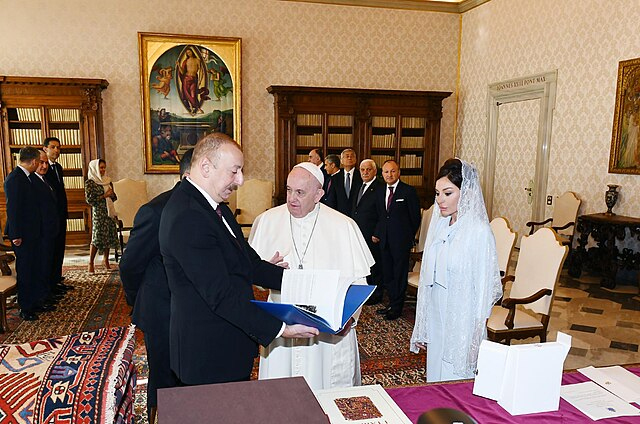
Some interesting observations:
- In current discussions (in both the real life political drama and the movie), there has hardly been any mention of faith. This sadly emphasizes the lack of Biblical faith in the structure of the Catholic church. Is it really more of a political establishment than a spiritual bastion?
- Ralph Fiennes’ portrayal as a frustrated pious cardinal is a dramatic change from his villainous portrayals in his past films. For starters it was the first time he was shown sobbing in deep remorse. His nomination for best actor is well deserved.
- I wondered if the scenes were accurately portrayed under the gaze of Michaelangelo’s Sistine Chapel because there was a scene where they focused on the depiction of hell. Upon investigation, that chapel is indeed where the political battle ensues. What a strange environment to contemplate the future of the church amidst the reminders of sinful man and punishment.
- One can easily imagine the tension in the conclave. Where else can you find a more stressful conglomeration of type A personalities?
- With today’s rising dementia epidemic, one wonders why it’s still a good idea to choose a pope for life. Will future popes have the decency to resign like Pope Benedict XVI who realized his failing health?
- There was a scene where a woman (Isabella Rosellinni) addressed the conclave. In reality, I doubt it would have occurred because the conclave is supposed to be a “men only” club. And Rossellini winning a nomination for her short role? Really?
- It was interesting to see the cooking staff preparing the meals. Imagine the juggling act during those days anticipating the “chosen king.” Who says the Catholic Church holds a vow of poverty? One is reminded of another movie — “The Shoes of the Fisherman.”
- As with many current Hollywood movies, this movie has a definite liberal agenda. It’s good to be aware of its intentions.

One last observation: Some writers mentioned that despite Pope Francis’ humility and piousness, he himself doubted that all his efforts were enough to earn his salvation. However, there is no definitive evidence from Pope Francis’ public statements, writings, or actions that he explicitly doubted his personal salvation in the sense of questioning whether he would be saved. However, he frequently spoke about doubt as a natural part of faith, emphasizing its role in deepening one’s relationship with God, and made remarks about salvation that some interpreted as controversial. Below, I explore these aspects to address your question, incorporating relevant context from his teachings and public reactions.
Pope Francis on Doubt and Faith
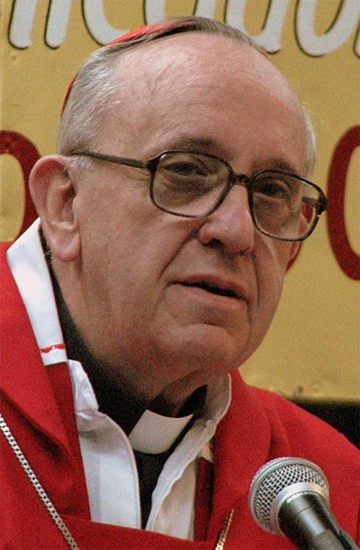
Pope Francis often framed doubt as a constructive element of spiritual growth, not necessarily tied to personal salvation but to understanding God more deeply. In a 2016 general audience, he admitted to having “many” doubts about faith, stating, “We do not need to be afraid of questions and doubts because they are the beginning of a path of knowledge and going deeper; one who does not ask questions cannot progress either in knowledge or in faith.” He suggested that doubts, when approached with humility and a desire for truth, lead to a stronger faith, citing saints who experienced such trials without losing trust in God. In a 2018 dialogue with seminarians, he called doubt “a richness” that prompts seeking truth and encountering Jesus Christ.
Sometimes the answers to important questions (like the question of salvation) is very plain to see. Two verses come to mind:
“For by grace you have been saved through faith, and that not of yourselves; it is the gift of God, not of works, lest anyone should boast.” — Ephesians 2: 8-9
“Jesus said to him, “I am the way, the truth, and the life. No one comes to the Father except through Me.” — John 14:6
The reason it seems so complex to many is because people are not satisfied with the answers and justify their proclivities with more favorable conclusions.
Links:
